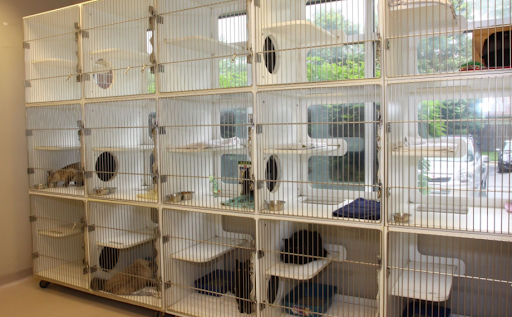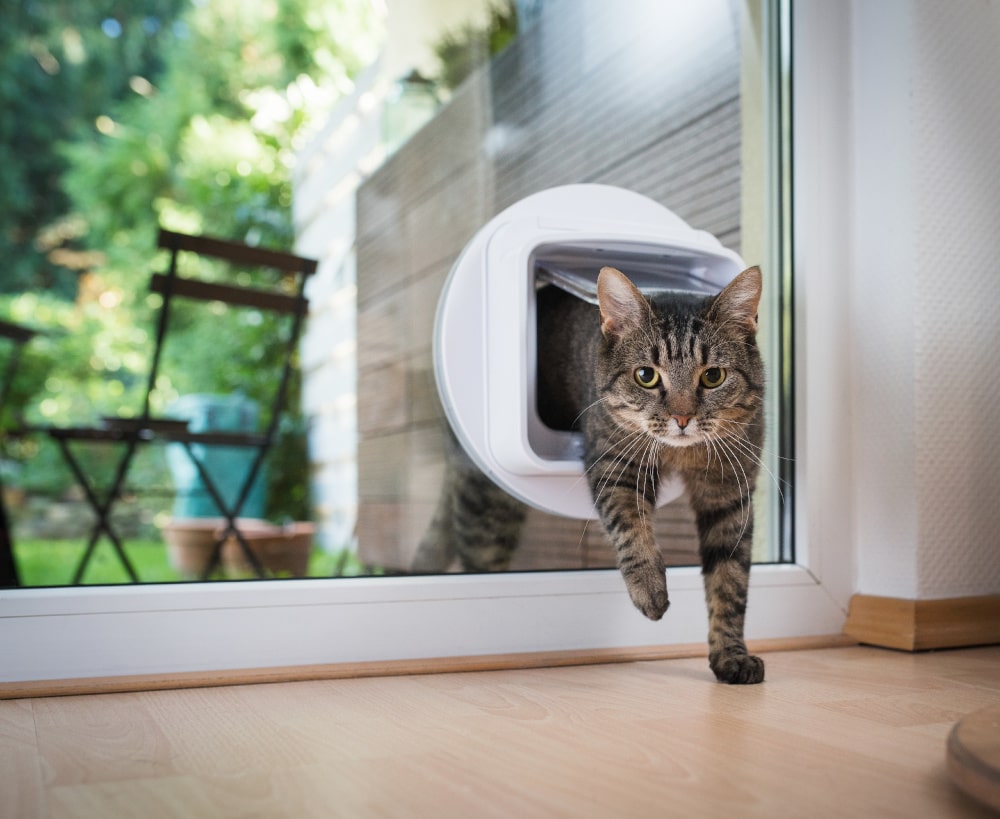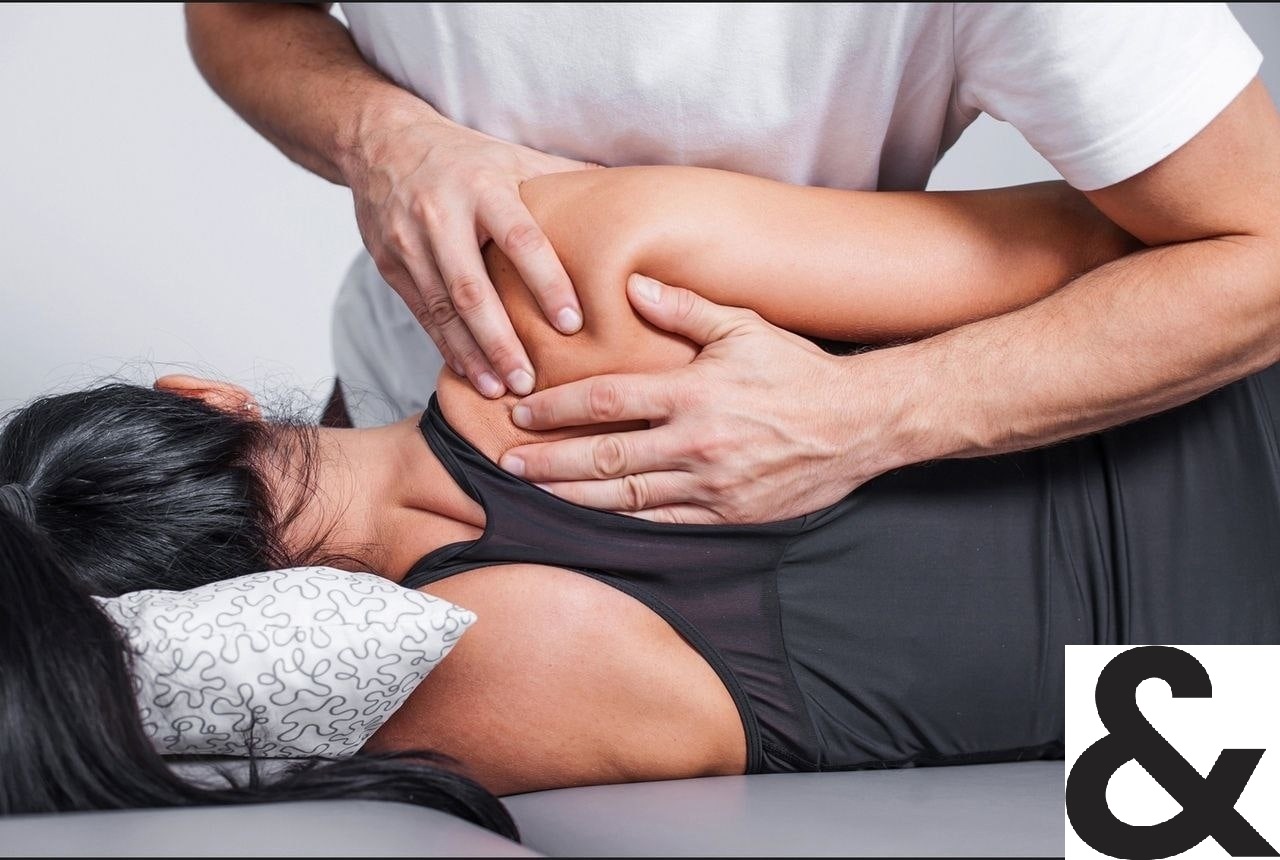
Each state in Australia has its own rules in regards to selling or giving away puppies. Read what these states are doing to protect the welfare of their canines.
New South Wales
Anyone who is selling or giving away a dog in NSW from July 1, 2019 is required by law to provide an identification number in all of their advertisements. It could be in the form of a breeder identification number, microchip number, or rehoming organisation number.
This number will apply to newspaper ads, local posters, all forms of online advertising, social media posts, and ads displayed on community notice boards. Those who fail to comply with the legislation can face a fine of $330, with a maximum penalty of $5,500 in court.
Queensland
From May 26, 2017, anyone selling a canine is required to register as a dog breeder on the Queensland Dog Breeder Register within 28 days of the birth of their puppies. Upon registration, they will receive a supply number which will serve as their breeder identification. Without a supply number, they will not be able to advertise, sell, or give away their animals.
According to the legislation, a supply number is not required for primary producers who breed dogs for other primary producers. Registration is also no longer required for members and registered breeders of Dogs Queensland, Gold Coast City Council, Logan City Council, and Queensland Racing Integrity Commission.
Western Australia
To better regulate the responsible breeding of dogs in WA, changes to the Dog Act 1976 have passed through Parliament in the form of the Dog Amendment (Stop Puppy Farming) Bill 2021.
Under the new laws, those who wish to breed dogs need to apply for an “approval to breed” from their local government. They also have to make sure that all their animals over the age of three months are registered before they are sold or given away.
South Australia
In SA, anyone selling or giving away a dog should make certain that their advertisements contain specific information which includes the following:
- The seller’s name, address and contact number
- The breeder’s name, address and contact number
- The breeder’s identification number, if they are registered
- Whether or not the puppy has been vaccinated
- The vaccinations that were administered to the puppy, if applicable
- Whether or not the puppy has been desexed
- The date and location of the desexing procedure, if applicable
- The age of the puppy at the time of desexing, if applicable
- The name and address of the vet who performed the desexing, if applicable
- Whether or not the puppy has been microchipped
- The microchip number of the puppy, if applicable
- The details of when and where the microchip procedure was performed, if applicable
- Whether the puppy has been subject to any exemptions from microchipping or desexing
- Details of any illness or medical condition that the animal is suffering from
Sellers who fail to provide the above information to their buyers can face a fine of up to $5,000, with an expiation fee of $315. Only registered breeders who are selling their puppies to another registered breeder are exempted from this rule.
Victoria
In Victoria, it is an offence to advertise a puppy or dog for sale unless the breeder can provide their source number as well as the microchip number of the animals advertised. Otherwise, they and the publisher of the non-compliant advertisement can be penalised.
According to the most recent state dog welfare legislation, individuals or businesses selling or giving away a puppy from July 1, 2019 are required to provide a microchip member in all of their advertisements. They must also enrol themselves in the Pet Exchange Register so that they can obtain a source number. Without a source number, breeders, shelters, pet shops, or council pounds will not be able to have a microchip implanted on their animal.
Those who are registered with their local council as a domestic animal business or voluntarily enrolled foster carer no longer need to register for a source number. This is because their local council will do this on their behalf. Likewise, breeders whose puppies have been provided with a vet certificate against microchipping due to dangerous impact on health are exempted from the rule.






